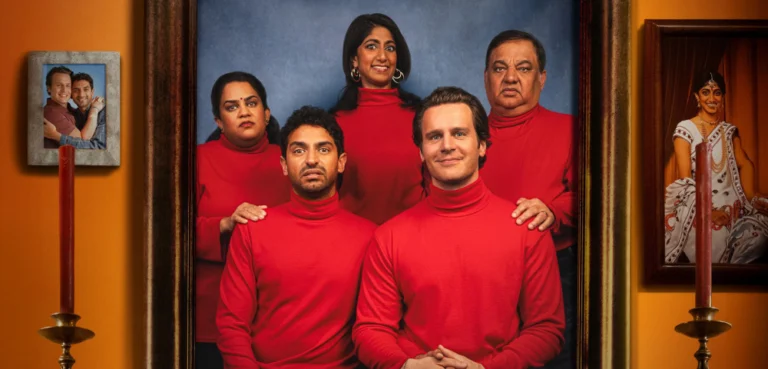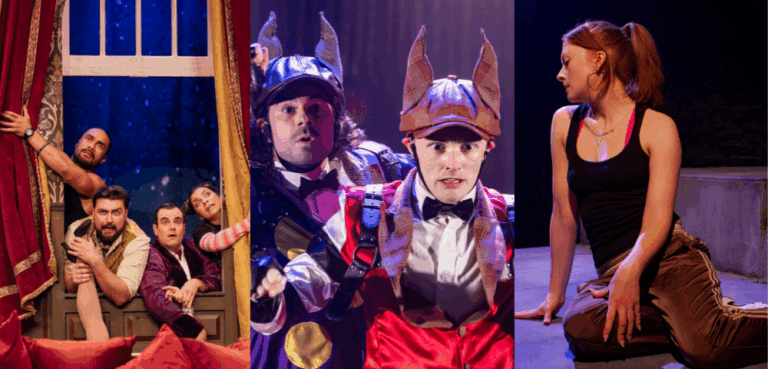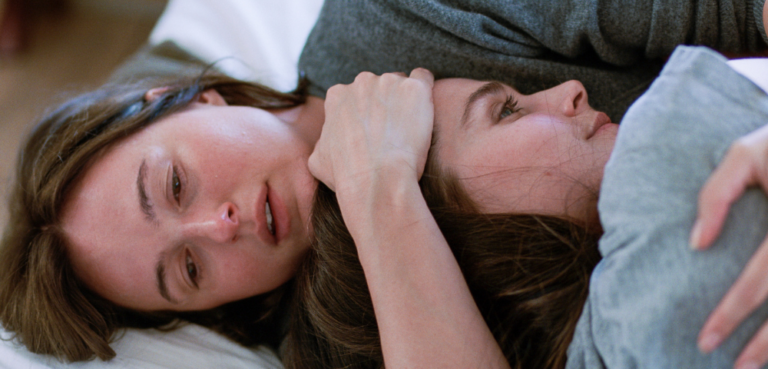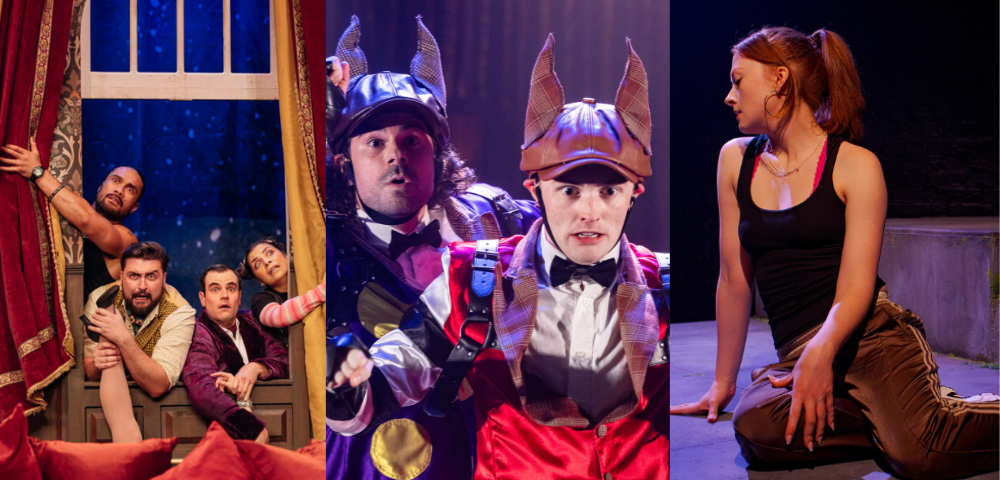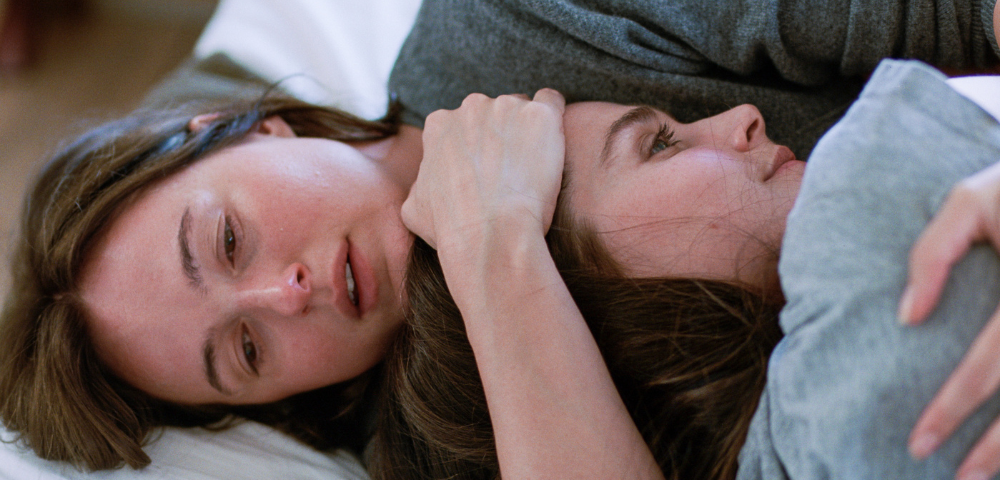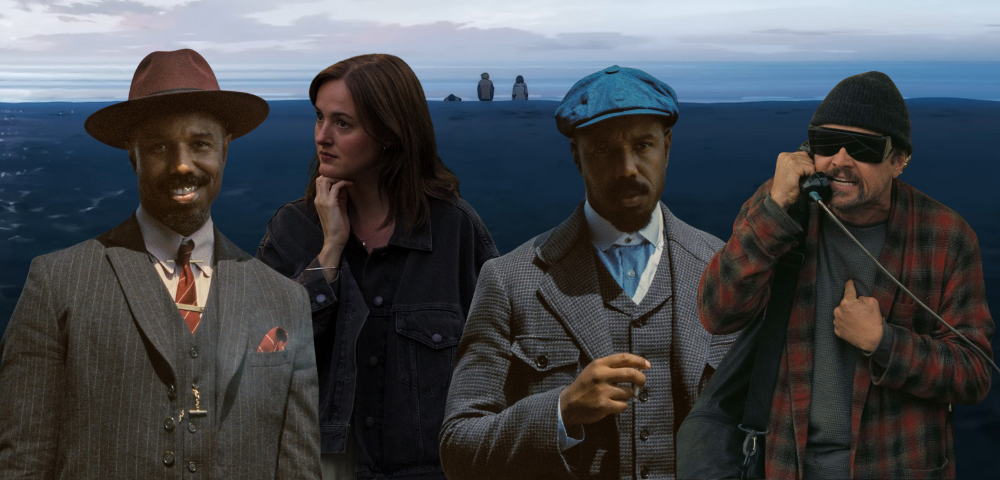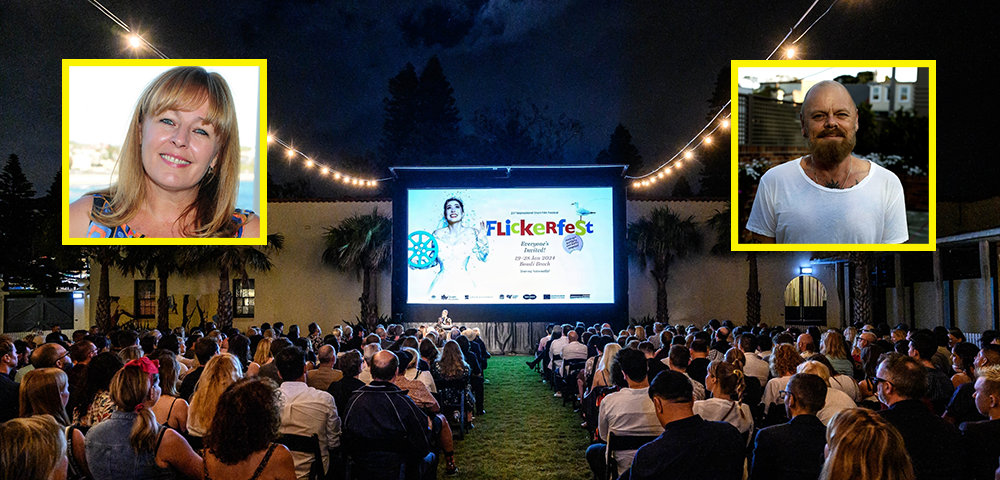
Revenge: Our Dad the Nazi Killer – REVIEW
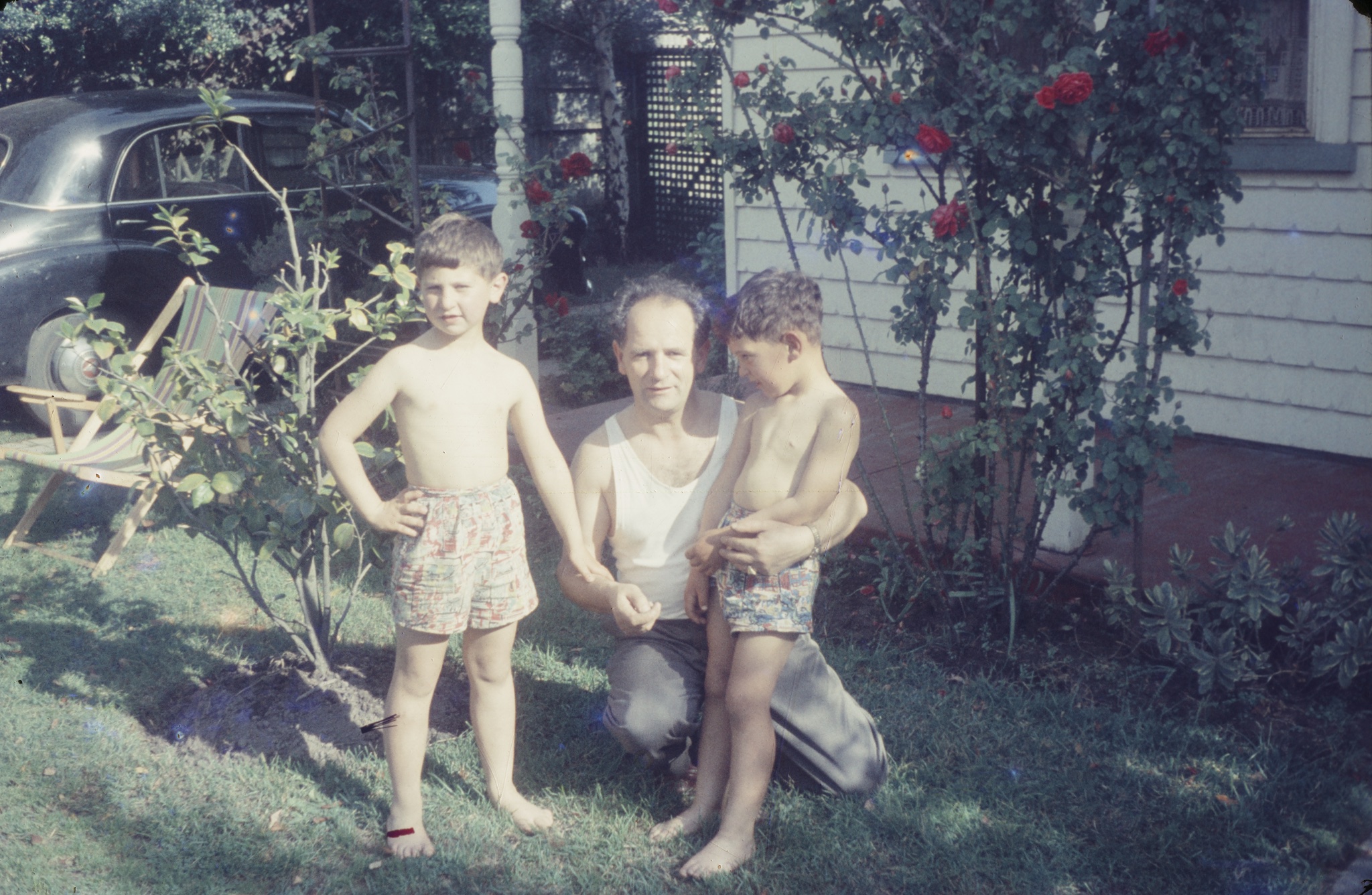
After World War II, tens of thousands of Jewish refugees came to Australia, as did hundreds of thousands of Eastern Europeans also displaced by the war. Both groups came in the hopes of starting anew in a “paradise” (as described by refugees to relatives) less haunted by Old World prejudices and unspeakable crimes. But what happens when you recognise an old enemy while trying to forget the past?

Revenge: Our Dad the Nazi Killer is an exploration of that inescapable dilemma, and of generational memory. Using archival footage and interviews, the documentary presents the three Green brothers: Jack, a 53-year-old physician, significantly younger than his brothers Sam (68), a musician, and Jon (70), a rabbi. Their Lithuanian father, Boris, is a former partisan fighter in Belarus who came to Australia in 1949 with wife Chana, and with his brother, Femi, settled in Melbourne as a family and business man. He travelled often to Sydney for work, and many, many years later, Jack is troubled by half-remembered family rumours of a body found in the city’s Parramatta River. Rather than bury the potential painful details of the past, as his brothers seem to prefer, Jack hires a retired senior detective.
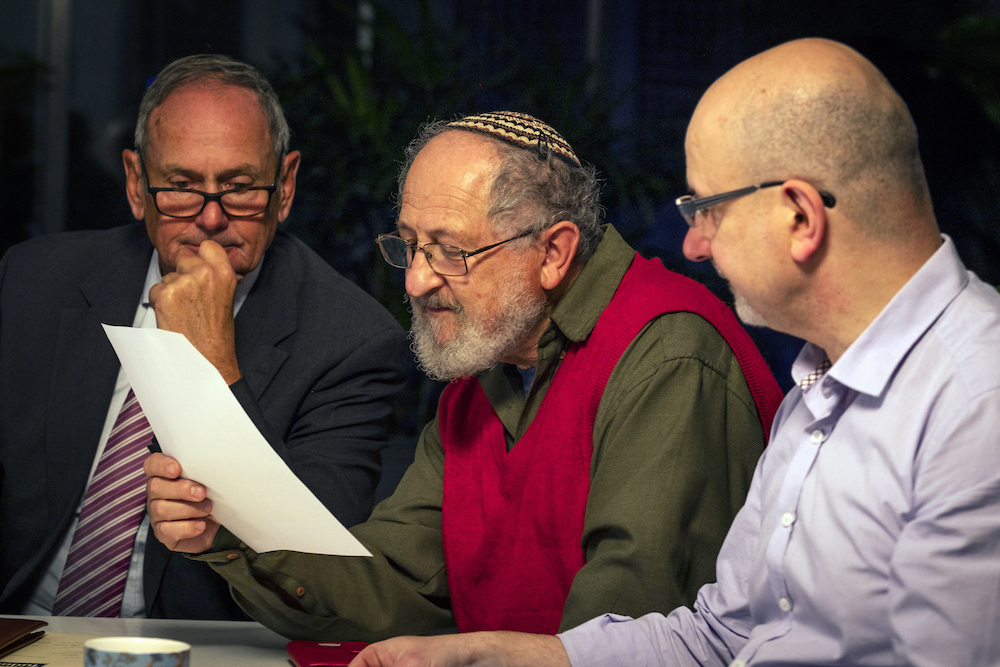
Revenge: Our Dad the Nazi Killer becomes something of a did-he-dunnit, as the detective visits libraries, museums, and members of the Australian Jewish community. From the late 1940s onward, lists of immigrants with possible Nazi links were compiled and passed on to various Australian authorities, with little or no action. Interviews describe Jewish veterans organising to intimidate – or worse – suspected Nazis. Interspersed throughout are archival materials, including somber video histories depicting Boris and Femi describing their war experiences with contained grief. There is much to their story they cannot express.
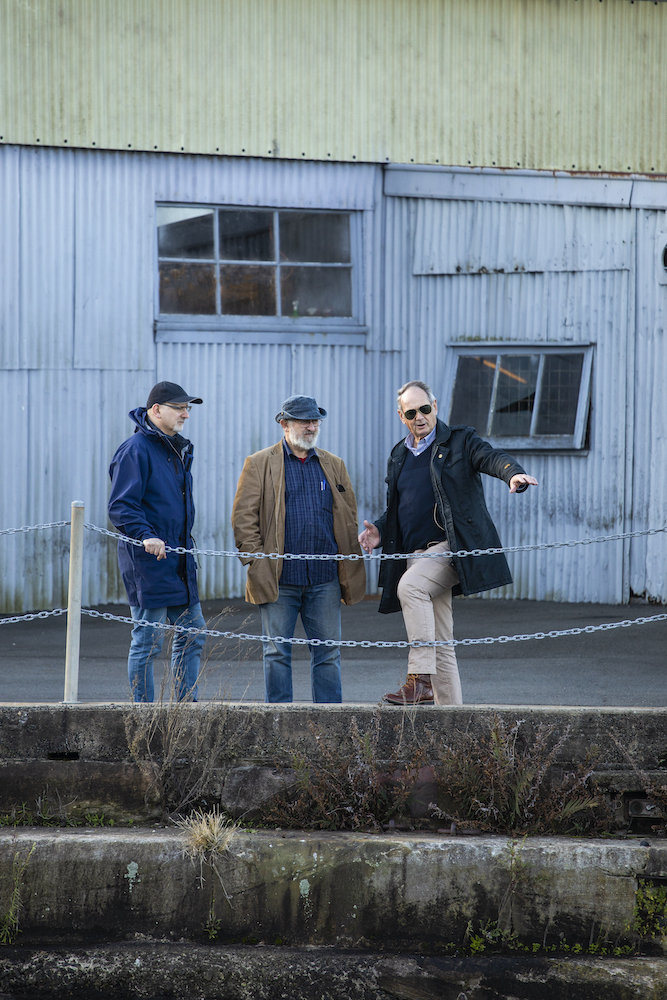
Partway through the film, Jack and the eldest brother Jon go for a walk in the Dandenongs to discuss uncovering their father’s past. They are surrounded by the lush beauty of an Australian rainforest, Jack hesitant but curious, Jon more measured. Later, they visit the death pits of Vilna (now Vilnius), in Lithuania, where their ancestors were killed. Unspoken of is a burnt body, ruled suicide, found in the Parramatta River in the 1950s. Truth, justice, revenge: ideas confronted by succeeding generations in different places. “I have these memories here and I want them out,” says Jack at one point, hitting his head. It’s unclear whether he’s describing his father or himself.
Director Danny Ben-Moshe keeps the documentary unembellished, using Super-8 footage taken by Boris and his family, as well as contemporaneous photos and archival research from the Melbourne Holocaust Museum and the State Library of New South Wales, among others institutions, to create an intimate, tender portrayal of the struggle to confront the past while existing in the present.
